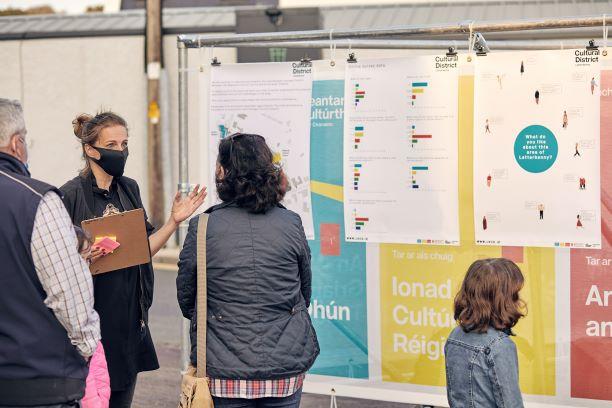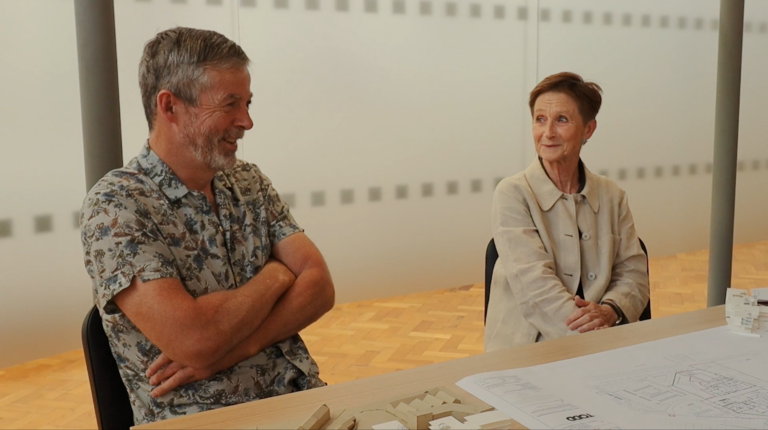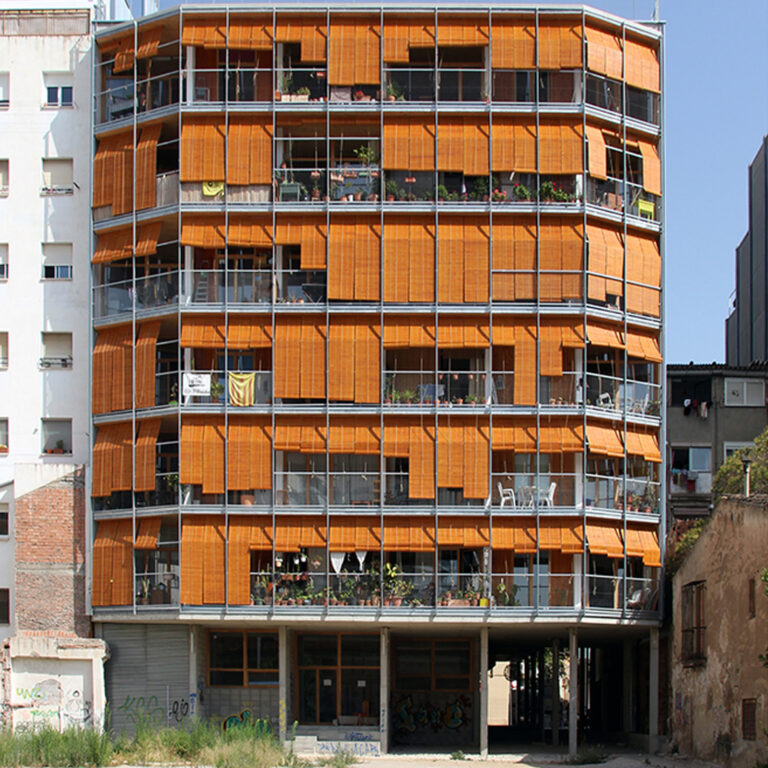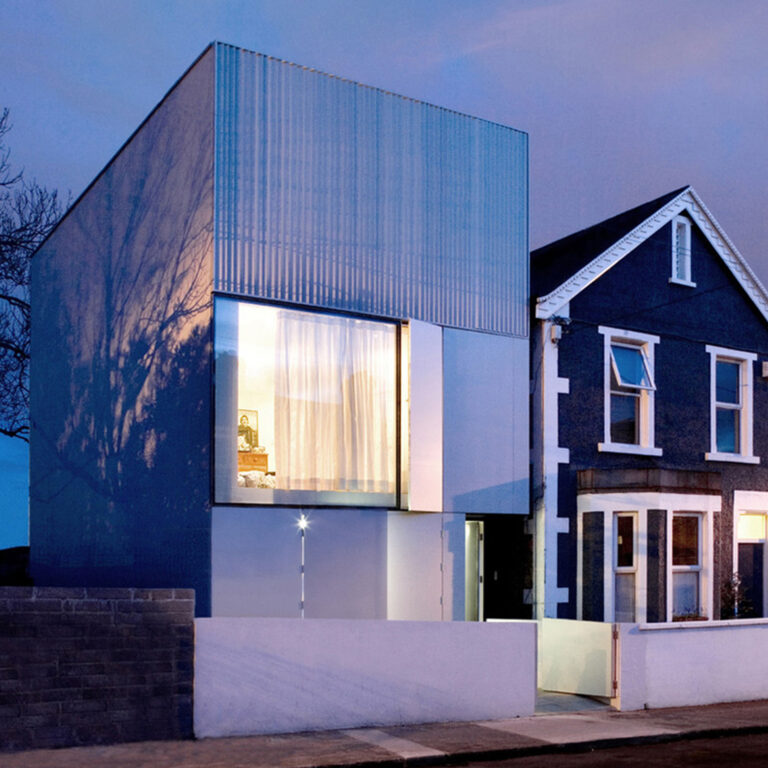Journal •
Action Categories and Implementation Strategy – Making it Work
Each objective of the policy inevitably overlaps into the others, which means there is a risk of missing some pivotal types of actions if are organised under each objective heading.
Therefore, three essentials are used to categorise the actions: those which focus on the people who make all sorts of decisions at all levels; actions which support work processes and types of tools people use to achieve good quality outcomes for their work, and actions which create or share the information that people need to support their decisions and address existing and future needs. There is no hierarchy: they are a three-legged stool or a set of interlinking cogs.
The action category ‘value and empower’ contains so-called ‘soft’ actions, those which will foster culture change for a sustainable, resilient future, which includes education and awareness.
The action category ‘set a quality agenda’ aims to influence the range of tools, both discretionary and regulatory, which influence the quality of outcomes.
The action category ‘generate knowledge’ is about making sure that decisions are based on evidence generated by research, education and knowledge exchange.
Three priority actions have been selected, one from each category. These are:
- Set up a public sector information exchange to support leadership and sharing of good practices;
- Publish national design quality criteria for all phases of built environment work, from design and construction to disassembly
- Analyse architectural and built environment research needs and data requirements, the essential first step in scoping an architectural and built environment research entity.
Places for People depends on raising awareness that everyone will ultimately benefit from focusing in an integrated way on people, tools and knowledge. Architects, who are generally employed for project design and delivery, also have a set of lesser-used soft skills. The Irish Architecture Foundation, through its Reimagine programme, and the Arts Council, through Engaging with Architecture, show clearly how people can be encouraged by architects to articulate their built environment needs and contribute to shaping a positive future for their own places. A simple ladder illustration, below, shows how greater integrated use of architects’ soft and hard skills can help society as whole and public administration in particular.
The implementation of the policy – which seeks far-reaching and ambitious changes – is dependent on the creation of alliances and willingness of a wide range of organisations and interests to get involved and jointly assign resources to do work for mutual benefit.
The policy is to be implemented by a delivery board chaired by the State Architect and supported by expert advisors. The delivery board members will come from public, private and NGO areas. The board have oversight of governance and management and its members will formally represent the NPA to external stakeholders. The implementation will be done through a work programme based on the three action categories as well as a fourth strand, which will support and promote the New European Bauhaus in Ireland.
The implementation strategy combines learning, linking and leveraging the knowledge gained and exchange. Done well, it will create a virtuous circle of awareness, understanding and continuous improvement. Ultimately, success of the policy will be reflected in a society-wide interest in using the full suite of architects’ skills in a much wider range of situations and decisions.
This policy was made possible by too many people to mention. I would like to thank everyone who contributed to the process; M.CO, which worked so well with us on analysis and drafting; and the NPA advisory group of representatives from the Office of Public Works, Department of Education, Health Service Executive Estates, Schools of Architecture, RIAI, City and County Architects Association, Arts Council, Heritage Council and Department of Housing, Local Government and Heritage. M.CO translated our rudimentary proposals for graphics to an elegant set of infographics, some of which are reproduced here.
Contributed by Nessa Roche, Senior Architectural Advisor, Built Heritage Policy, Department of Housing, Local Government and Heritage
 Reimagine Letterkenny: Cultural District consultation; photo Paul McGuckin, reproduced courtesy IAF
Reimagine Letterkenny: Cultural District consultation; photo Paul McGuckin, reproduced courtesy IAF 







